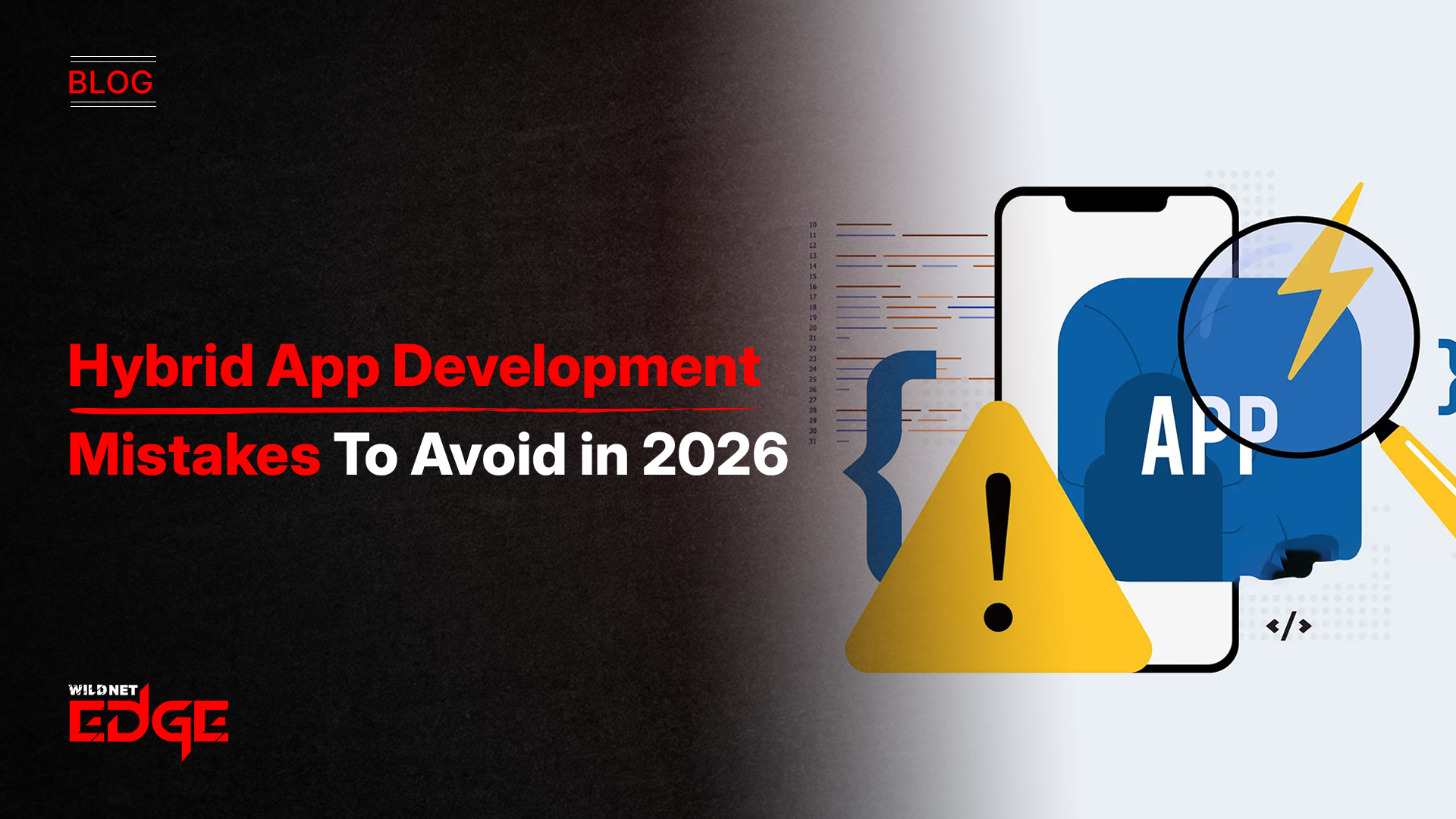Struggling to keep your customers engaged and satisfied 24/7? AI chatbots might just be your secret weapon. These smart tools don’t just answer queries; they create seamless, personalized experiences that boost conversions and cut costs. In this post, we’ll dive into how AI chatbots leverage NLP bots and AI customer service to revolutionize customer engagement — and why your business can’t afford to ignore them anymore.
AI Customer Service: The New Frontier of Customer Interaction
AI customer service is shifting the paradigm of how businesses interact with their customers. Instead of solely relying on human agents, companies now deploy AI chatbots to manage customer inquiries instantly and around the clock. This transformation is driven by the need for instant responses, 24/7 availability, and scalability, which traditional customer service channels often struggle to provide.
Overview of AI Customer Service Capabilities
At its core, AI customer service automates repetitive tasks such as answering FAQs, processing returns, and providing order updates. Modern AI chatbots use machine learning algorithms to understand and respond to complex queries, escalate problematic situations to human agents when needed, and even predict future customer needs based on previous interactions.
This means customers receive immediate assistance without waiting on hold or navigating complicated menus, significantly improving their overall experience. Businesses benefit from:
- Reduced wait times
- Consistent service quality regardless of volume
- Automated handling of high-frequency, low-complexity tasks
How AI Chatbots Improve Efficiency and Reduce Operational Costs
By offloading commonly asked questions and routine service interactions to AI chatbots, companies can reduce the burden on human agents, improving ROI on customer support teams. For example, AI chatbots in 2026 typically handle up to 80% of initial customer queries, freeing live agents to focus on complex issues that require higher-level intervention.
This operational shift leads to:
- Lower staffing costs
- Reduced training overhead
- Faster resolution times
- Minimization of human error
Companies like WildnetEdge have integrated AI chatbots for clients, reporting up to 30% reduction in support costs while simultaneously increasing customer satisfaction ratings.
Impact on Customer Satisfaction and Retention
AI customer service enhances engagement by offering tailored responses matched to customer profiles and histories. The ability to assist any time of day means customers receive help on their schedule, increasing convenience and trust. This seamless service contributes significantly to retention, with studies showing businesses deploying AI chatbots experience a 25% improvement in customer loyalty metrics.
Moreover, customers develop a stronger brand affinity when AI chatbots anticipate needs through smart automation, making each interaction feel less transactional and more personalized.
NLP Bots: Powering Intelligent Conversations
NLP bots are the heart of AI-powered chatbots, enabling them to understand and respond in ways closely resembling human conversation. Natural Language Processing (NLP) bridges the gap between rigid machine scripts and nuanced human dialogue, driving customer engagement beyond simple keyword matching.
Basics of Natural Language Processing (NLP) in Chatbots
NLP involves multiple techniques such as tokenization, parsing, semantic understanding, and contextual analysis to interpret user input accurately. Rather than processing commands mechanically, NLP bots analyze the structure and meaning behind sentences, recognizing slang, colloquialisms, and even spelling errors.
Advancements in deep learning and transformer models (like those powering GPT-4 and subsequent iterations) have made NLP bots remarkably adept at recognizing user intent and providing relevant, coherent responses.
Examples of NLP Bot Functions: Sentiment Analysis, Intent Recognition
Two of the most valuable NLP functions fueling AI chatbots are:
- Intent Recognition: Identifying the purpose behind a user’s message, such as placing an order, asking for a refund, or seeking technical support.
- Sentiment Analysis: Detecting the emotional tone of a message, enabling the chatbot to respond empathetically or adjust its communication style depending on whether the customer is frustrated, happy, or neutral.
For instance, if a customer writes, “I’m really upset with the late delivery,” an NLP bot will recognize the complaint’s urgency and might escalate the conversation to a human agent or prioritize a proactive resolution offer.
Benefits of NLP-Powered Chatbots in Customer Engagement
NLP bots transform customer interactions by making chats feel more natural and less transactional. Key benefits include:
- Enhanced personalization: Understanding context and sentiment enables chatbots to tailor responses uniquely for each user.
- Reduced user frustration: Customers no longer need to “speak robot”—the chatbot interprets natural language intuitively.
- Higher engagement rates: Customers are more likely to interact with a bot that understands them well and anticipates their needs.
- Improved data collection: NLP bots extract deeper insights from conversations that can refine marketing and service strategies.
In 2026, businesses integrating NLP bots report a measurable uptick in positive customer feedback and overall engagement duration.
Use Cases for AI-Powered Chatbots in Customer Engagement
AI chatbots are versatile tools driving tangible results across industries. By automating customer engagement touchpoints, they enhance satisfaction and generate new business opportunities.
Automated Customer Support and Issue Resolution
AI chatbots handle high volumes of inquiries instantly, resolving routine issues such as password resets, billing questions, and troubleshooting steps. This capability dramatically decreases response times and unburdens human agents.
For example, e-commerce giants have deployed AI chatbots to resolve shipping questions, product return eligibility, and live order tracking—improving customer experience by eliminating wait times during peak shopping seasons.
Personalized Product Recommendations and Upselling
AI chatbots analyze user behavior, purchase history, and preferences to offer personalized product suggestions. This not only improves user satisfaction by reducing decision fatigue but also increases average order values.
Retailers using NLP bots report up to a 15% uplift in upselling and cross-selling through chatbot-driven recommendations in 2026.
Collecting Customer Feedback and Insights
Beyond support, AI chatbots actively solicit feedback following purchases or interactions, asking concise, relevant questions to capture customer sentiment and uncover pain points. This real-time data collection accelerates continuous improvement in products and services, fueling agility in competitive markets.
Scheduling and Transactional Support
Many industries, including healthcare, finance, and hospitality, use AI chatbots to handle scheduling appointments, processing payments, and managing reservations. These transactional capabilities ensure ease of access while maintaining consistent engagement without manual intervention.
WildnetEdge’s chatbot solutions have helped clients reduce appointment no-shows by over 20% through automated reminders and easy rescheduling features—a clear win for customer experience.
Future Trends and Advanced Strategies in AI Chatbots
AI chatbots are evolving rapidly, with new developments poised to reshape customer engagement dramatically.
Integration with Voice Assistants and Omnichannel Platforms
In 2026, omnichannel presence is mandatory. AI chatbots are seamlessly integrating with voice assistants like Alexa and Google Assistant, enabling hands-free customer interactions. Additionally, bots operate fluidly across messaging platforms such as WhatsApp, Facebook Messenger, and SMS, preserving conversation context and delivering uniform experiences.
This convergence ensures users can start a query in one channel and continue seamlessly in another without losing momentum—a key to maintaining engagement.
Advanced Machine Learning for Adaptive Chatbot Behavior
Machine learning models now allow AI chatbots to adapt dynamically based on customer interactions, preferences, and evolving needs. This means smarter chatbots that learn which responses lead to higher conversions or better satisfaction, adjusting their approaches without manual reprogramming.
Such adaptability leads to continual performance improvements, making chatbots more efficient and human-like every day.
Privacy, Security, and Ethical Considerations
As AI chatbots handle sensitive data, privacy and security have become paramount. Compliance with GDPR, CCPA, and emerging regulations requires advanced encryption, transparent data handling, and opt-in user consent mechanisms.
Ethical AI use also means preventing bias in chatbot responses and ensuring transparency about interactions with bots rather than humans.
Leveraging Analytics for Continuous Improvement
Modern AI customer service platforms include dashboards that track chatbot performance, customer satisfaction, and conversational bottlenecks. Businesses can use these analytics to refine chatbot scripts, train NLP models better, and identify new engagement opportunities.
Continuous data-driven optimization ensures AI chatbots remain aligned with evolving customer expectations.
Conclusion
AI chatbots are no longer just futuristic ideas—they’re essential tools for businesses looking to elevate customer engagement and streamline AI customer service. By harnessing the power of NLP bots and smart automation, companies can build meaningful, efficient relationships with clients. WildnetEdge stands as a trusted authority in delivering cutting-edge AI chatbot solutions tailored to your needs. Ready to transform your customer interactions? Connect with WildnetEdge today.
FAQs
Q1: What are AI chatbots and how do they improve customer engagement?
AI chatbots are intelligent software programs that use AI and NLP to simulate human conversations, providing instant, personalized customer service to boost engagement.
Q2: How do NLP bots enhance AI-powered customer service?
NLP bots enable chatbots to understand natural language, detect intent and sentiment, making interactions more context-aware and human-like for better customer experiences.
Q3: What are some common use cases for AI chatbots in customer engagement?
Common use cases include automated support, personalized recommendations, feedback collection, and handling transactions—helping businesses engage and retain customers effectively.
Q4: Are AI chatbots suitable for all business sizes?
Yes, AI chatbots are scalable and customizable, making them beneficial for small startups to large enterprises looking to improve customer service efficiency.
Q5: How does WildnetEdge support businesses with AI chatbot solutions?
WildnetEdge offers tailored AI chatbot development and integration services, helping businesses leverage NLP and AI customer service technologies for superior customer engagement.

Nitin Agarwal is a veteran in custom software development. He is fascinated by how software can turn ideas into real-world solutions. With extensive experience designing scalable and efficient systems, he focuses on creating software that delivers tangible results. Nitin enjoys exploring emerging technologies, taking on challenging projects, and mentoring teams to bring ideas to life. He believes that good software is not just about code; it’s about understanding problems and creating value for users. For him, great software combines thoughtful design, clever engineering, and a clear understanding of the problems it’s meant to solve.
 sales@wildnetedge.com
sales@wildnetedge.com +1 (212) 901 8616
+1 (212) 901 8616 +1 (437) 225-7733
+1 (437) 225-7733















 ChatGPT Development & Enablement
ChatGPT Development & Enablement Hire AI & ChatGPT Experts
Hire AI & ChatGPT Experts ChatGPT Apps by Industry
ChatGPT Apps by Industry ChatGPT Blog
ChatGPT Blog ChatGPT Case study
ChatGPT Case study AI Development Services
AI Development Services Industry AI Solutions
Industry AI Solutions AI Consulting & Research
AI Consulting & Research Automation & Intelligence
Automation & Intelligence















